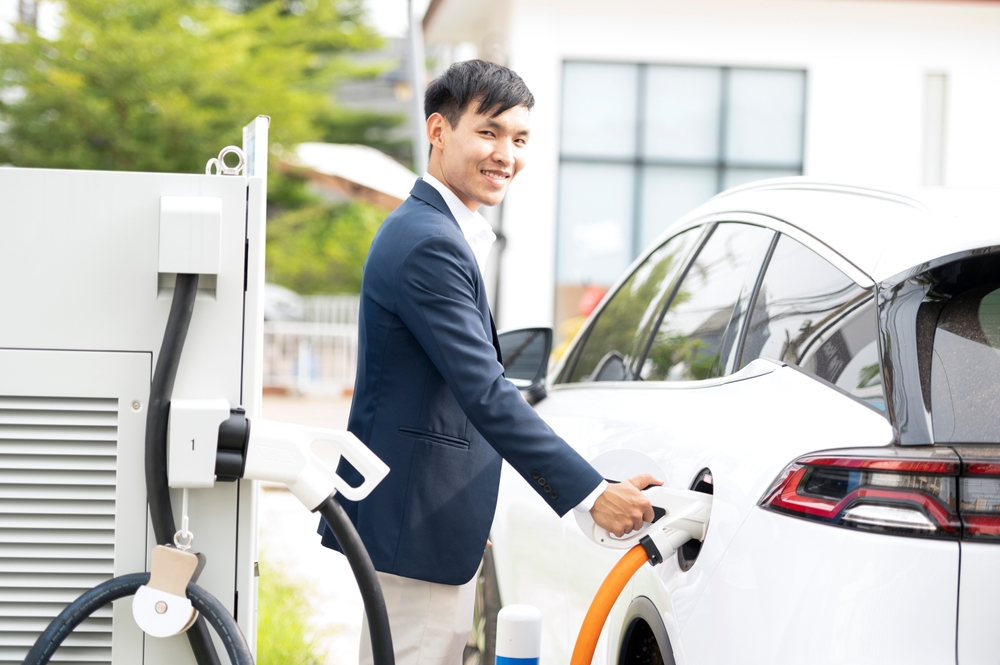The newest challenge to America’s auto industry is coming from China. Chinese auto exports have jumped more than 50% over just the past two years, driving the country into a top spot among global vehicle exporters with long-time powerhouses Japan, Germany and the U.S.
Americans could soon get the chance — if they want it — to drive a vehicle “Made in China.”
At the end of April, China’s industrial hub Shanghai hosted its first auto show since the end of the country’s draconian “zero-COVID” pandemic restrictions. It offered a glimpse of the future.
From Chinese startups to established players in market — like China’s BYD, which is already one of the largest electric vehicle (EV) makers in the world — to the legacy American brands, almost every car at the show was either an EV or a hybrid.
China’s automotive exports have more than tripled over the last half-decade. Up until now, they’ve gone largely to developing countries, but that’s changing.
Geely, the Chinese automotive giant that owns Volvo, has the U.S. market squarely in its sights with a whole new concept and brand.
Alain Visser, CEO of the new Geely subsidiary Lynk, told CBS News the plan is to change not only the vehicles Americans drive, but how they get them.
Lynk is hoping to become, he said, “like a Netflix of the car industry.”
For a flat fee of about $600 per month, drivers can lease a Lynk vehicle. That subscription fee covers maintenance and insurance, and users back out of the contract any time they want.
The Lynk app also enables drivers to share the use of their vehicles when they’re not using them, and get cashback for doing so.
“We now have some customers in Europe who actually gain more on sharing than they pay [with] their monthly fee,” said Visser. The brand reportedly plans to offer its first EV to the U.S. market within the next year or so.
It’s a bold initiative, especially now, given the frosty state of U.S.-China relations.
Visser acknowledged the challenge, but said he was confident that consumers would buy in to the Lynk concept, Chinese owned or not. The concern, he said, is politics, and how the actions of governments on opposite sides of the world could throw up new barriers to commerce.
The U.S.is one of the toughest car markets in the world, but two things appear certain: The road ahead is electric, and the Chinese are coming up fast in the rearview mirror.






